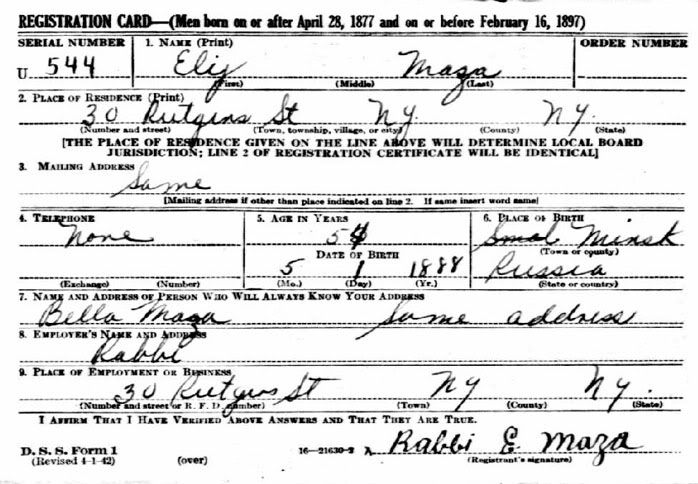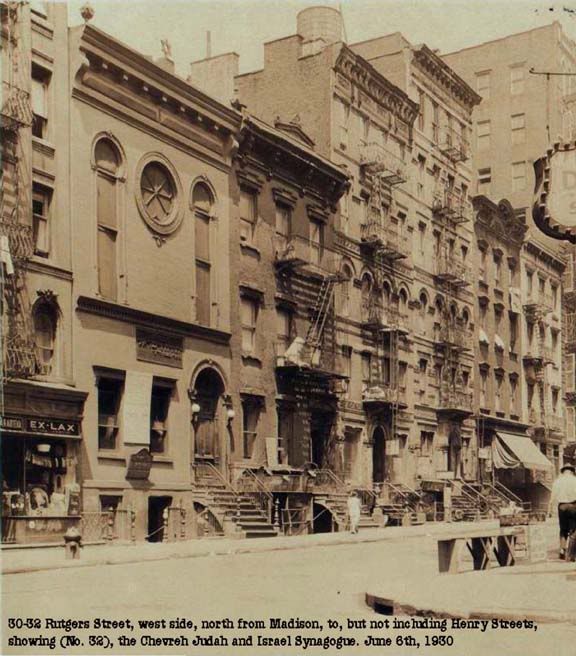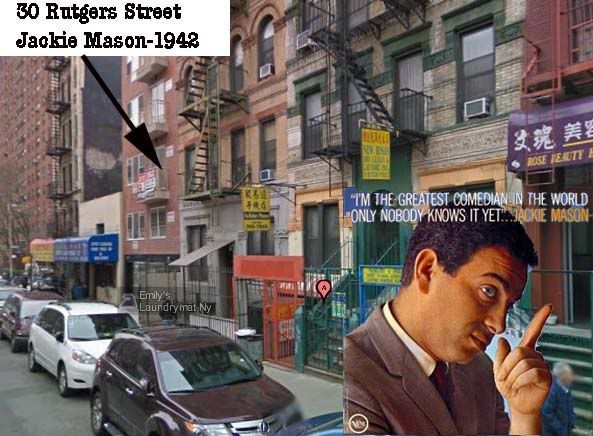About Harry Tobias
Lyricist Harry Tobias was born in New York City on September 11, 1895. He grew up in Worcester, Massachusetts with brothers Charles and Henry, also songwriters.About Nettie Rosenthal who was a Triangle Shirtwaist fire victim
Harry began writing songs in 1911, at the age of 16. As he recalled in Henry Tobias’ autobiography, “Music in My Heart and Borscht in My Blood”, “I wrote a little poem and then read an article, ‘Write a Song and Make a Fortune’”. Harry paid the advertising sheet music publishers $25 to add a melody and produce 200 copies of sheet music. The song was entitled “National Sports” and was the beginning of a 7 decade career.
Harry’s first major hits came in 1916 with the songs “Take Me to My Alabam” and “That Girl of Mine”. Enlisting in the US Air Force in 1917, he spent time in World War I shouting song lyrics into megaphones to entertain the troops. Returning to the States after the war, Harry joined his brother Charles’ music publishing company and the two brothers began collaborating.
In 1929, Tobias went to Hollywood and from that time through the 1940’s, worked for studios musicals. His filmography includes such hits as Blondie of the Follies, Dizzy Dames, The Old Homestead, Daniel Boone, Trail Dust, One Rainy Afternoon, Criminal Lawyer, Sing While You’re Able, Sweetheart of the Navy, Meet the Boyfriend, Roll Along Cowboy, Knight of the Plains, Pride of the West, The Girl From Rio, Rancho Grande, Carolina Moon, Let’s Go Collegiate, She Has What it Takes, Sensations of 1945, Two Girls and a Sailor, I’ll Remember April and Moonrise.
The Harry Tobias catalog includes the standards “Miss You”, “Sweet and Lovely”, “It’s a Lonesome Old Town”, “Sail Along, Silv’ry Moon”, “No Regrets”, “I’ll Keep the Lovelight Burning”, “At Your Command”, “I’m Sorry Dear”, “In God We Trust”, “Oo-oo Ernest”, “Lost and Found”, “Wait for Me, Mary”, “The Girl From Rio”, “I’m Gonna Get You”, “That Girl of Mine”, “The Daughter of Peggy O’Neill”, “Go to Sleepy, Little Baby”, “Brother”, “The Bowling Song”, “Take Me to Alabam’”, “When It’s Harvest Time”, “Somebody Loves You”, “That Girl of Mine”, “Wild Honey”, “The Broken Record”, “Love Is All”, “Rolleo Rolling Along”, “Girl of My Dreams”, “Thy Will Be Done”, “Star of Hope”, “I Want You to Want Me”, “Take Me Back to Those Wide Open Spaces”, “So Divine” and “Oh, Bella Mia”.
Throughout his career, Harry collaborated chiefly with Charles and later with Henry. He also worked with his son, Elliot Tobais, Will Dillon, Gus Arnheim, Neil Moret, Jules Lamare, Phil Boutelje, Percy Wenrich, Al Sherman, Harry Barris, Jean Schwartz and Jack Stern.
Harry Tobias died in St. Louis, Missouri on December 15, 1994





























